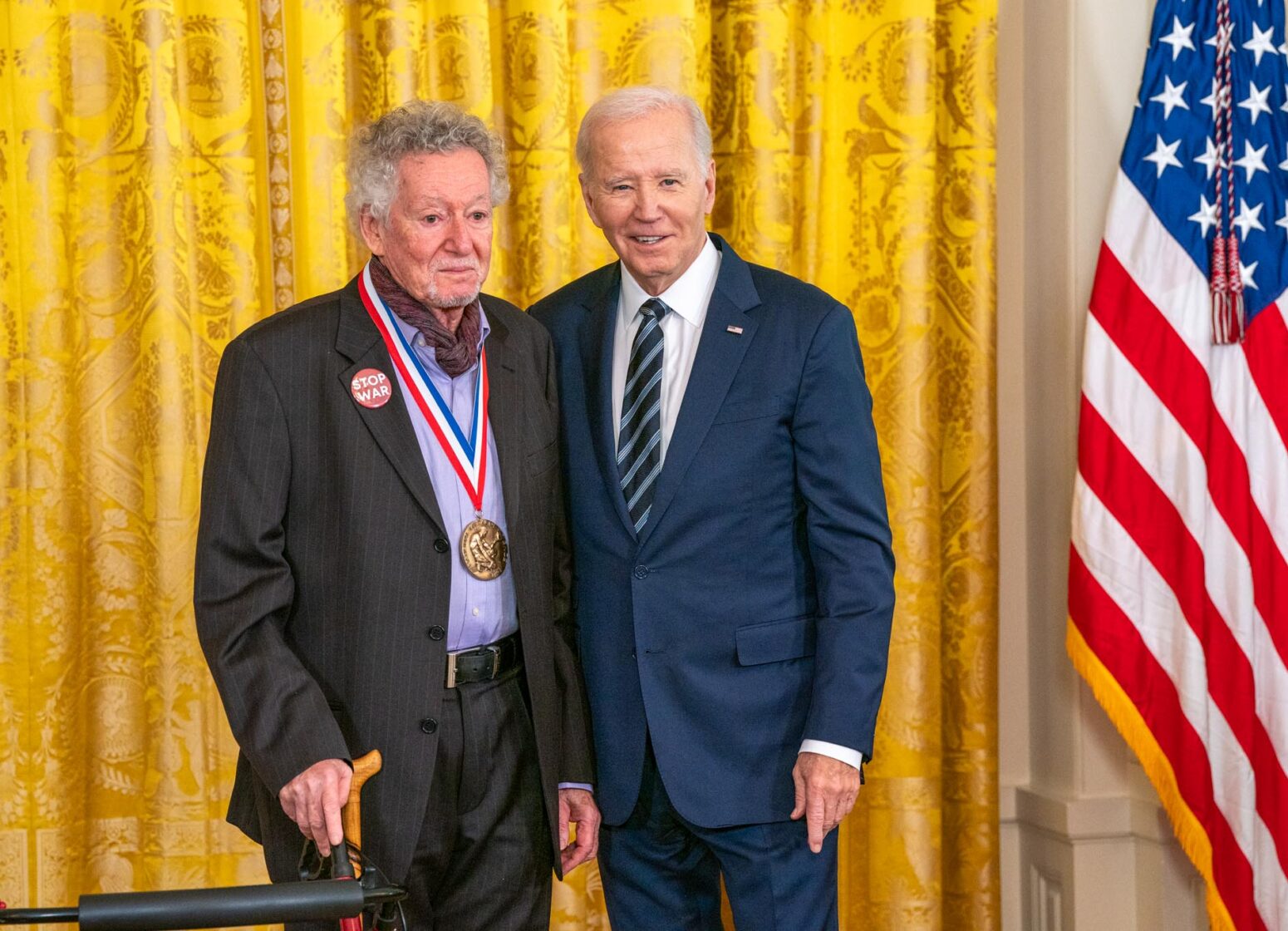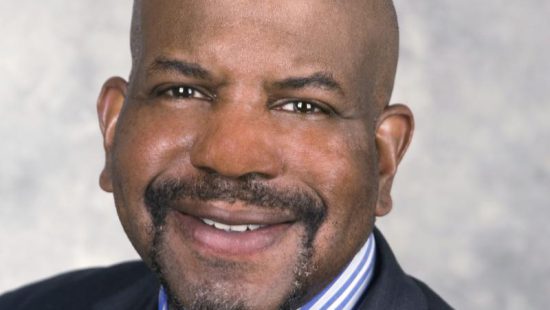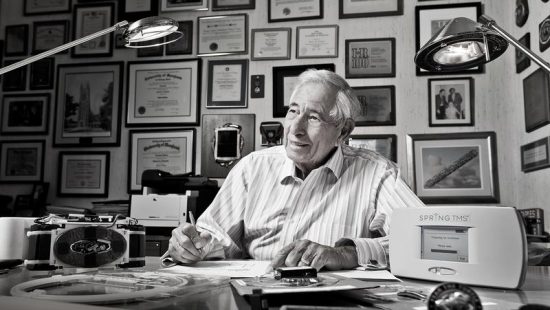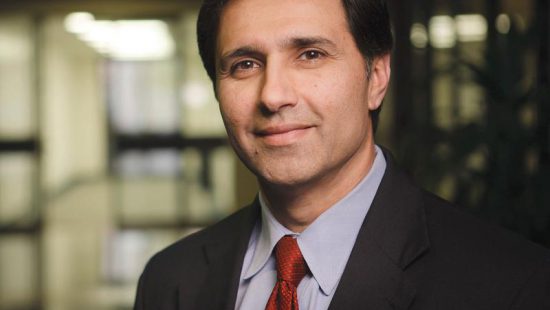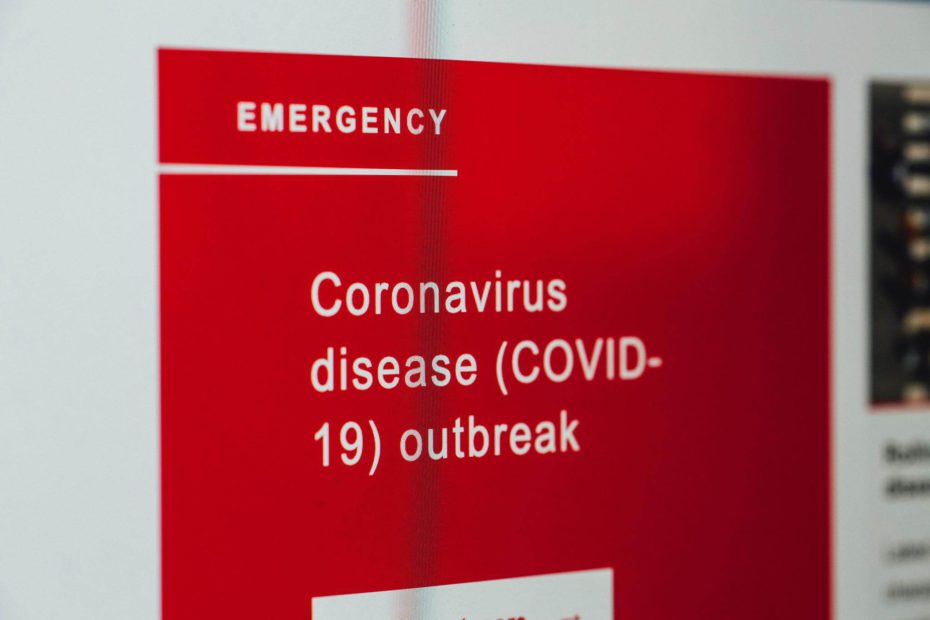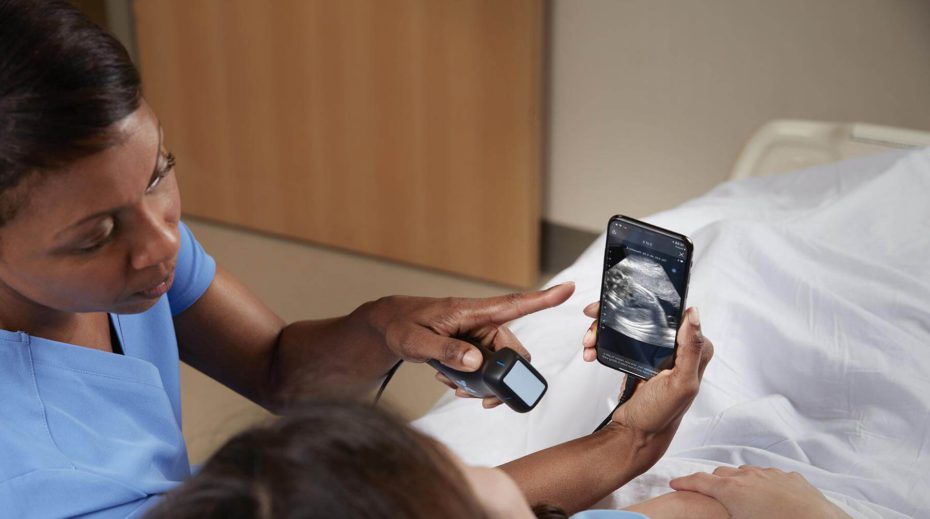Sheldon Weinbaum is a City University of New York (CCNY) Distinguished Professor Emeritus of Biomedical and Mechanical Engineering at The City College of New York, where he has taught since 1967. After becoming emeritus in 2007, he maintained an active research program. He is an elected member of all three of the U.S. National Academies of Science, Engineering, and Medicine and the American Academy of Arts and Sciences. He is a fellow of several scientific societies, including the American Society of Mechanical Engineers and the American Physical Society. In 2020, Weinbaum received the Presidential Award for Excellence in Science, Mathematics, and Engineering Mentoring (PAESMEM) for his lifelong mentoring of women and minority students. In 2022, he received the Benjamin Franklin Medal in Biomedical Engineering for both his research and his dedication to diversity and inclusion. Weinbaum cofounded the New York Center for Biomedical Engineering in 1994, followed by a Biomedical Engineering PhD program in 1999 and then the Department of Biomedical Engineering at CCNY in 2002.
Weinbaum is widely recognized for novel biomechanical models that have changed existing views at both the cellular and whole organ level. These include bone fluid flow and how bone cells sense mechanical forces, a new hypothesis for vulnerable plaque rupture due to microcalcifications in thin fibrous caps of coronary arteries, theoretical models of the endothelial glycocalyx, a revised Starling hypothesis (now referred to as the Michel-Weinbaum model for capillary filtration), a theoretical model that led to the discovery of the endothelial pore via which low-density lipoprotein cholesterol enters the artery wall, a fluid shear hypothesis for glomerular-tubular balance in the renal tubule, and a new bioheat equation (Weinbaum-Jiji) to describe microvascular heat exchange between blood and tissue.
Inspired by his wife of 60 years, Alexandra Weinbaum, Weinbaum has been a lifelong advocate for women and minorities in science and engineering and widely recognized for these activities. In addition to the PAESMEM, he received the Public Service Award of the Fund for the City of New York in 1988 for his role in recruiting women and minority faculty and students to the Grove School of Engineering, and he was the inaugural recipient of the Diversity Award of the National Biomedical Engineering Society in 2009.

